The tooth fairy is a welcome guest for any child who has lost a tooth. Not only will the fairy leave a small gift under the child’s pillow, but they be assured of a replacement tooth in a few months. Unfortunately, the scenario is quite different for adults grappling with a loss of teeth. Luckily, there may be some hope thanks to a new study performed by scientists at Kyoto University and the University of Fukui.
A dental breakthrough
While the typical adult mouth houses 32 teeth, approximately 1% of the population exhibits variations of them, either possessing more or fewer teeth due to congenital conditions. Researchers have delved into the genetic factors behind cases of excessive teeth, seeking valuable insights into the potential regeneration of teeth in adults. This study is the first to show that monoclonal antibodies can help regrow teeth. It suggests a new way to treat a dental problem that currently requires implants and other artificial solutions.
A bit of science
The research team disclosed that an antibody targeting a specific gene, known as uterine sensitization-associated gene-1 (USAG-1), can induce tooth development in mice affected by tooth agenesis, a congenital condition. The findings were published in the journal, Science Advances.
As per Katsu Takahashi, a senior lecturer at the Kyoto University Graduate School of Medicine and one of the principal contributors to the study, the essential molecules crucial for the development of teeth have already been pinpointed. “The morphogenesis of individual teeth depends on the interactions of several molecules including BMP, or bone morphogenetic protein, and Wnt signaling,” says Takahashi.
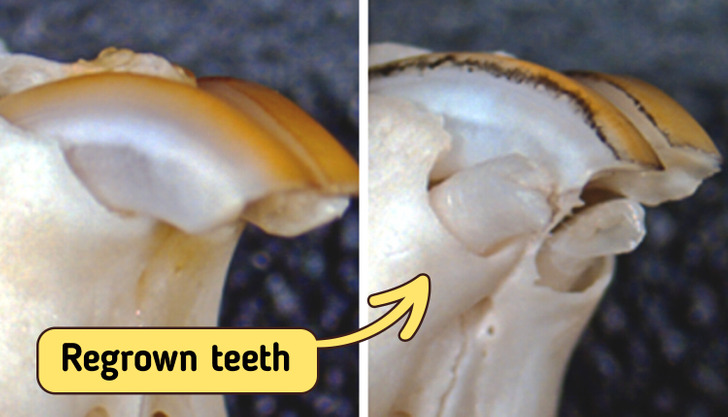
On April 13, 2021, the University of Kyoto posted its first pic of newly-grown teeth in mice.
BMP and Wnt are involved in more than just tooth development; they affect the growth of organs and tissues early in the body’s development. Because drugs affecting them directly might have broad side effects, scientists are cautious. To find a potentially safer method, researchers focused on the gene USAG-1, thinking that aiming at factors countering BMP and Wnt specifically in tooth development could be more precise.
“We knew that suppressing USAG-1 benefits tooth growth. What we did not know was whether it would be enough,” added Takahashi.
The first results
Scientists looked at how different monoclonal antibodies affect USAG-1. Monoclonal antibodies are often used to treat things like cancer and arthritis and for making vaccines. Tests with this antibody showed that BMP signaling is crucial for deciding the number of teeth in mice. Also, just one treatment was enough to grow a whole tooth. Further tests confirmed these positive results in ferrets too.
“Ferrets are diphyodont animals with similar dental patterns to humans. Our next plan is to test the antibodies on other animals, such as pigs and dogs,” explained Takahashi.
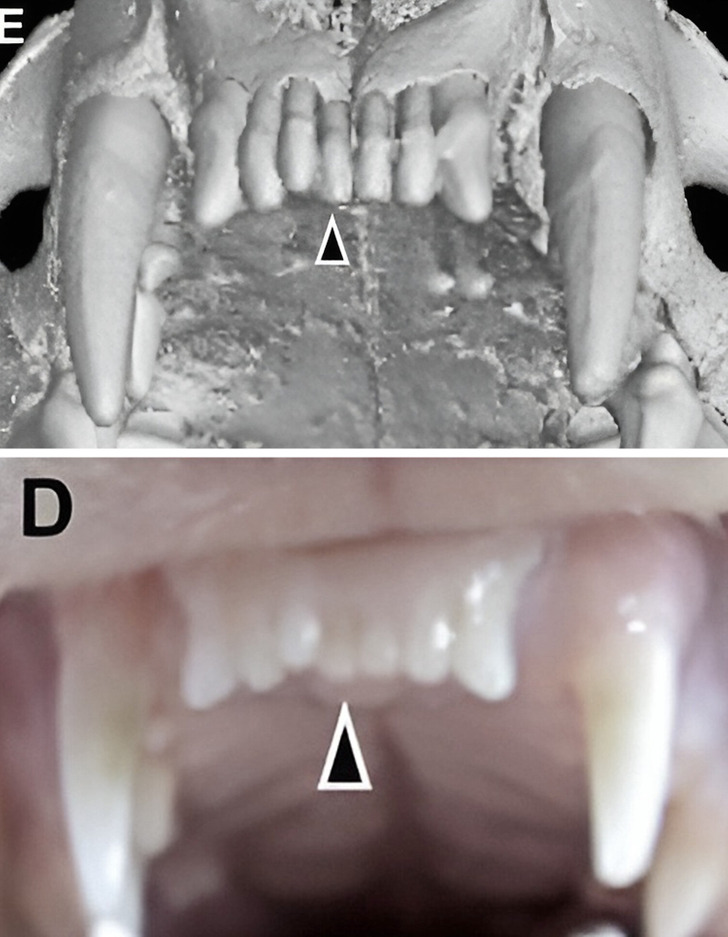
Fully regrown frontal teeth in ferrets
The next steps
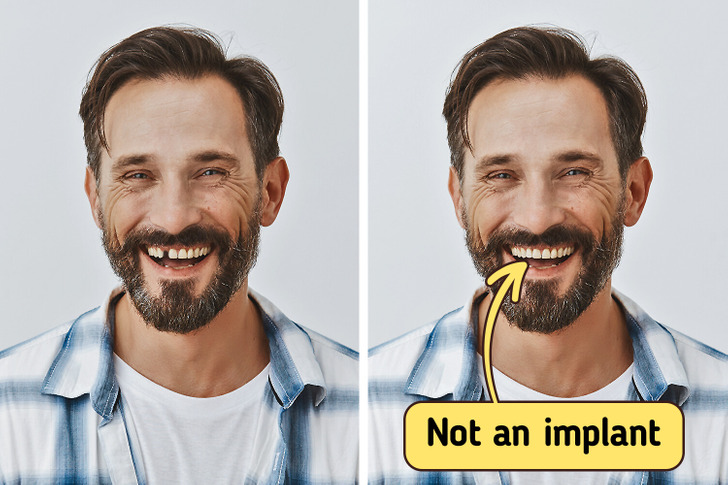
Now, scientists are going to test the drug on healthy adults. If that goes well, the team plans to try it on kids aged 2 to 6 with a rare tooth problem called anodontia, a genetic disorder defined as the absence of all teeth. These kids will get one shot of the drug to see if it makes their teeth grow. If everything works out, the medicine might be approved by 2030.
Takahashi sees the new medicine as an additional choice for individuals who are missing some or all of their teeth.
“The idea of growing new teeth is every dentist’s dream,” Takahashi told the Japanese newspaper, The Mainichi in June this year. “I’ve been working on this since I was a graduate student. I was confident I’d be able to make it happen.”
So hopefully, by the year 2030, humans will get a chance to have their third generation of teeth grown and say goodbye to implants. Until then, make sure to keep your teeth strong and healthy — this article will help you with that.
Preview photo credit KyotoU_News / Twitter
My son and his wife shamed me for wearing red lipstick. I decided to teach them a lesson

The Spark: A Family Dinner Gone Wrong
Edith had always been a vibrant woman, a beacon of confidence and style, even at 75. Her red lipstick was her signature, a mark of her vivacious personality. But that evening, as she prepared for a family dinner, she had no idea that her choice of makeup would ignite a firestorm.
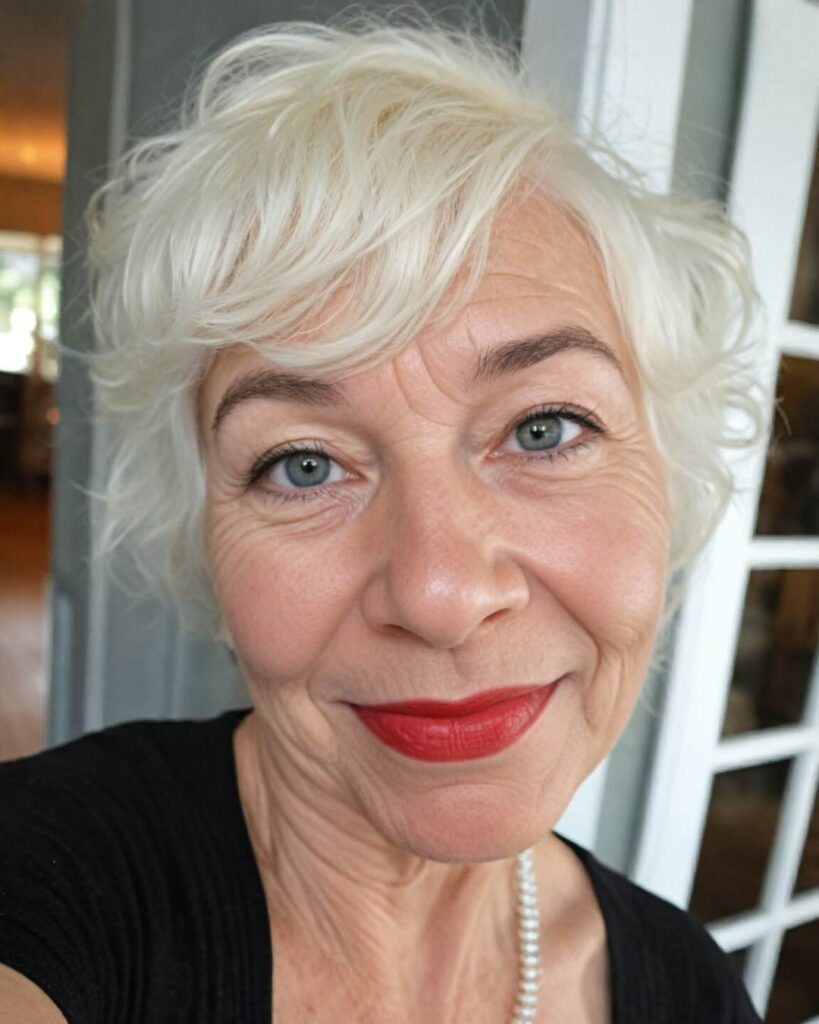
As she carefully applied her favorite shade of red, she felt a sense of nostalgia and pride. This lipstick had seen her through countless milestones, from job interviews to romantic dates with her late husband. It was more than just makeup; it was a symbol of her enduring spirit.
Her son arrived early, catching Edith in the act. With a sneer, he commented, “Mom, you look like a desperate old clown trying to cling to your youth. It’s embarrassing.”
The words hit her like a slap. She paused, the lipstick trembling in her hand. Before she could respond, her daughter-in-law, with a smug smile, chimed in, “Oh, I agree. Red lipstick is not for older people. I think you should stick to what other people are doing.”

Edith’s heart pounded in her chest. The audacity of their remarks left her momentarily speechless. But then, a surge of defiance surged through her. “Honey, why don’t you mind your own business,” she snapped, her voice steady and cold.
Her daughter-in-law looked taken aback, her confidence momentarily shattered. “Sorry, Edith, we just don’t want you to look like a clown,” she muttered, clearly unprepared for Edith’s retaliation.
Her son, trying to regain control of the situation, added with a smirk, “Okay, Mom, enjoy the circus.” His wife let out another laugh, and they both walked away, leaving Edith in a storm of emotions.
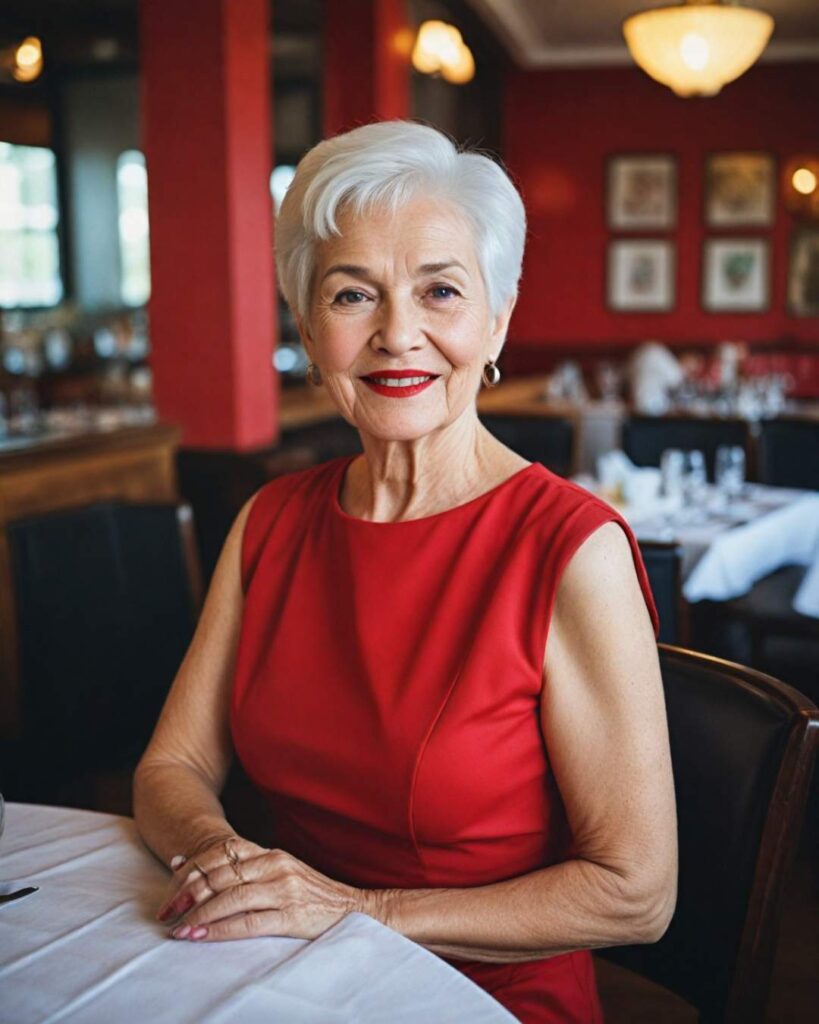
From Hurt to Rage: The Turning Point
For a few minutes, Edith stood there, her reflection in the mirror a painful reminder of their cruel words. She felt a deep sadness, the kind that comes from betrayal by those you love most. But as she sat in the corner, the sadness began to morph into something else: rage.
How dare they mock her? How dare they try to strip her of her dignity and individuality? She had spent her entire life building her confidence, refusing to conform to societal expectations, and now, her own family was trying to tear her down.
Edith knew she had to act. This wasn’t just about red lipstick; it was about respect and standing up for herself. She decided to give them a lesson they would never forget.
The Plan: A Week of Preparation
Over the next week, Edith meticulously planned her revenge. She reached out to a few trusted friends and even roped in her neighbor, Mrs. Jenkins, a woman of similar spirit and age. Together, they devised a scheme that was both subtle and impactful.
First, Edith decided to host a grand dinner at her house, inviting not only her son and his wife but also other family members and friends. The guest list was carefully curated to include people who respected her and those who could influence her son and his wife.
She spent days preparing, ensuring everything was perfect. She cooked her son’s favorite dishes, set the table with her finest china, and decorated the house with beautiful flowers. But the centerpiece of her plan was her appearance. On the day of the dinner, Edith wore a stunning red dress and, of course, her signature red lipstick.
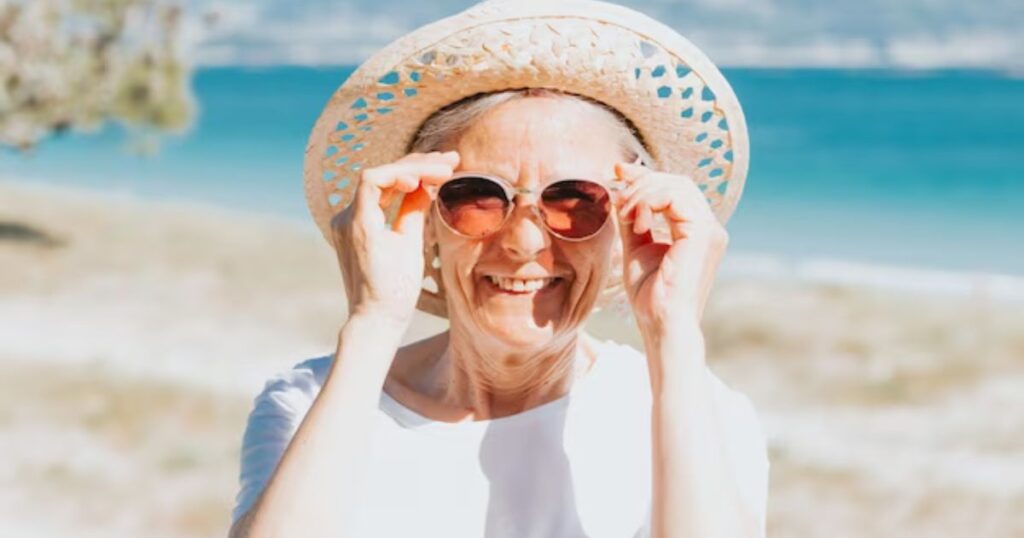
The Showdown: A Lesson in Respect
As the guests arrived, Edith greeted them with warmth and grace, her red lips a bold statement of her defiance. Her son and his wife were among the last to arrive, their expressions quickly turning sour upon seeing her.
The dinner began smoothly, with lively conversations and laughter filling the room. But Edith had a surprise in store. As dessert was served, she stood up to make a toast.
“Thank you all for coming,” she began, her voice strong and clear. “I’ve always believed in living life to the fullest and embracing who you are, no matter what others think.”
She glanced at her son and his wife, who were shifting uncomfortably in their seats. “Last week, I was told that I should stop wearing my favorite red lipstick because it’s not appropriate for my age. But I believe that confidence and style know no age.”
The room fell silent, all eyes on Edith. “So tonight, I want to celebrate all of us who refuse to let society dictate how we should look or act. To those who embrace their true selves and live with confidence and grace.”
Her friends and family erupted in applause, many raising their glasses in agreement. Her son and his wife looked mortified, their earlier smugness replaced by embarrassment.
Edith smiled, her red lipstick gleaming under the chandelier. She had made her point loud and clear. Age was just a number, and no one had the right to dictate how she should live her life.
Aftermath: A Changed Dynamic
In the weeks that followed, the dynamic between Edith, her son, and his wife changed. There were no more snide comments or mocking laughs. Her son even apologized, admitting he had been out of line. His wife, too, seemed to have learned her lesson, treating Edith with newfound respect.
Edith continued to wear her red lipstick proudly, knowing that she had stood up for herself and set an example for others. She had shown that age was not a barrier to confidence and self-expression, and in doing so, she had reclaimed her dignity and respect.
Her bold stand had not only silenced her critics but also inspired others to embrace their true selves, proving that sometimes, the most powerful lessons come from the most unexpected places.



Leave a Reply